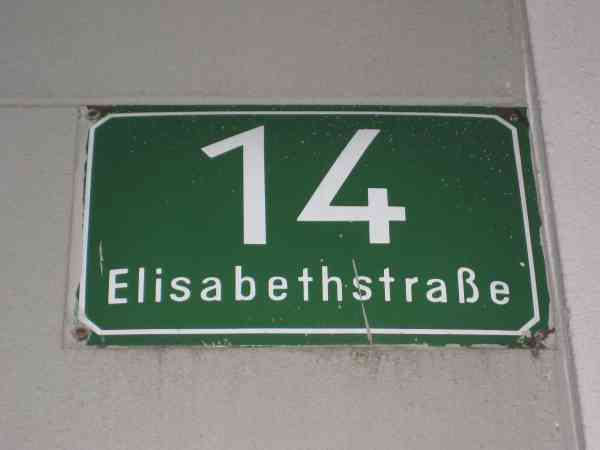Wie schön. nun wurde Elke Kahr also tatsächlich zur Grazer Bürgermeisterin gewählt, bereits letzte Woche haben KPÖ, SPÖ und Grüne ihre Vereinbarung
Gemeinsam für ein neues Graz vorgestellt. Das Adresscomptoir gratuliert mit der Hausnummer von Nestroys Geburtshaus, die Erklärung dafür liefert Erwin Riess in der aktuellen Ausgabe von Konkret (11/2021, S.9):
"Dass die Weltrevolution, die sich einige Jahrzehnte aus der Geschichte zurückgezogen hat, ausgerechnet an den grünen Wassern der Mur einen neuen Anlauf nimmt, ist bemerkenswert. In seinem berühmten Revolutionsstück 'Freiheit in Krähwinkel' - uraufgeführt am 1. Juli 1848 in Wien - spielt Karl Kraus' verehrter Dramatiker Johann Nepomuk Nestroy die Revolutionskämpfe durch. Nestroy war Grazer."

Quelle: http://adresscomptoir.twoday.net/stories/1022686937/
